One of the date kinds that is considered to be among the most well-known all across the world is the Ajwa date, not to mention its competitive price when compared to Medjool dates. It is grown in the Medina region of Saudi Arabia where the capital city of Saudi Arabia is located. It is completely black in colour, has a conical shape, and its length is no more than 3 to 4 centimetres at its longest point. Because it has a low water content, which is roughly 20%, it has the crumpled appearance of fruit that has been dried out. It has a mild and pleasantly sweet flavour, and its consistency is soft and pliable When you put it in your mouth, it dissolves really quickly. 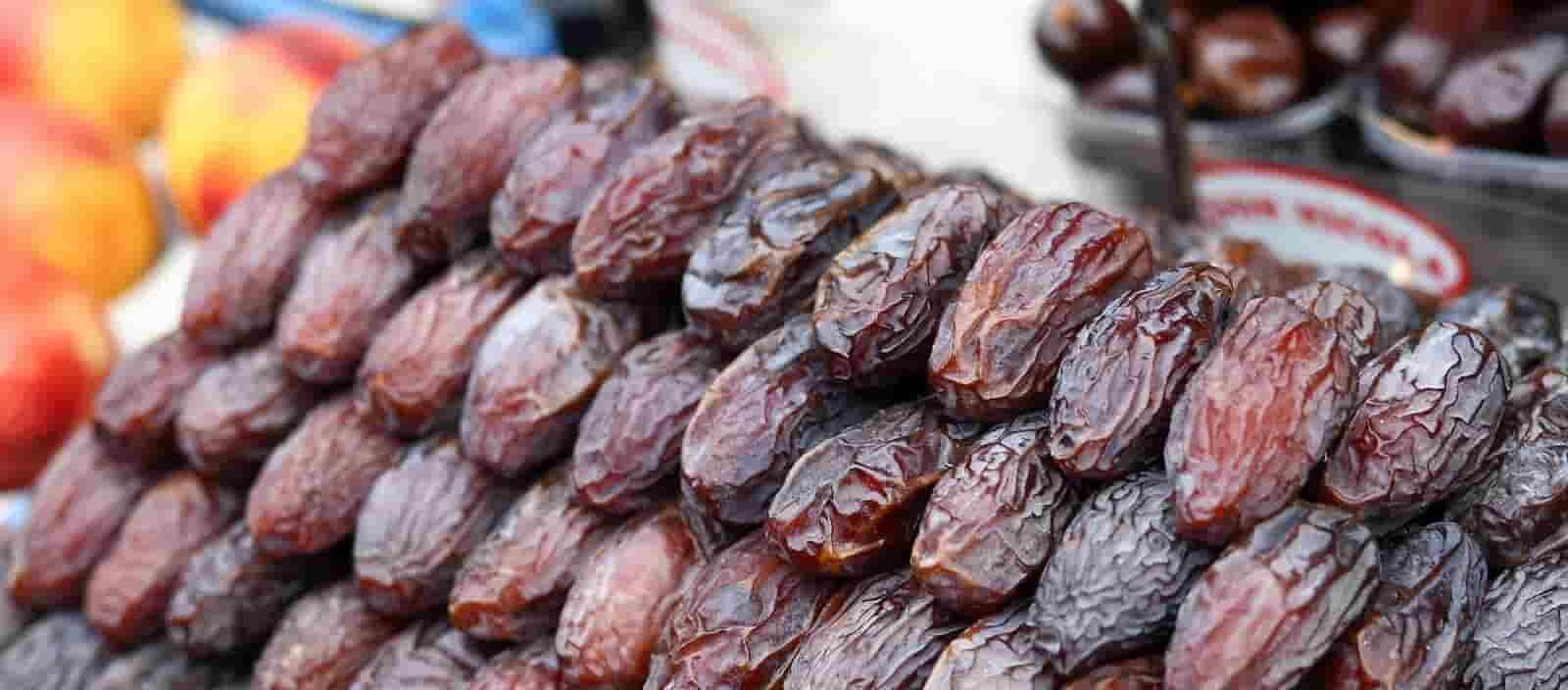 In addition to having a subtle flavour, the Ajwa date is loaded with unquestionable health benefits. People who have diabetes are able to eat Ajwa despite the fact that it is composed of monosaccharides, which are carbohydrates that have a low sweetening power in contrast to polysaccharides. Fresh dates are often sweeter than Ajwa. In pregnant women who do not already have high blood pressure, eating Ajwa dates may help reduce the risk of preeclampsia, which is characterised by high diastolic or systolic blood pressure in the period after the twentieth week of pregnancy. Preeclampsia can cause the baby to be born with abnormally low birth weight, which can be fatal. A preliminary study that was published in BioMed Research International in 2019 found that the consumption of seven Ajwa dates per day by a pregnant woman lowers the rate of arterial pressure, which in turn lowers the risk of pre-eclampsia. It has been established that pregnant women can safely consume dates throughout all three trimesters of pregnancy, and there is no evidence to suggest that eating dates causes any negative side effects. However, it is important to remember not to overindulge in dates because of their high carbohydrate and calorie content. This is especially important for pregnant women who need to monitor their blood sugar levels. Last but not least, dates are often considered safe for most people when consumed in moderate amounts, but there is not enough information to confirm their safety or possible side effects when taken in medicinal doses, and despite the fact that dates are considered safe for pregnant and lactating women when consumed in moderate quantities, however, there are no studies confirming the degree of its safety in the case of drug doses, so it is recommended that women take it in moderation.
In addition to having a subtle flavour, the Ajwa date is loaded with unquestionable health benefits. People who have diabetes are able to eat Ajwa despite the fact that it is composed of monosaccharides, which are carbohydrates that have a low sweetening power in contrast to polysaccharides. Fresh dates are often sweeter than Ajwa. In pregnant women who do not already have high blood pressure, eating Ajwa dates may help reduce the risk of preeclampsia, which is characterised by high diastolic or systolic blood pressure in the period after the twentieth week of pregnancy. Preeclampsia can cause the baby to be born with abnormally low birth weight, which can be fatal. A preliminary study that was published in BioMed Research International in 2019 found that the consumption of seven Ajwa dates per day by a pregnant woman lowers the rate of arterial pressure, which in turn lowers the risk of pre-eclampsia. It has been established that pregnant women can safely consume dates throughout all three trimesters of pregnancy, and there is no evidence to suggest that eating dates causes any negative side effects. However, it is important to remember not to overindulge in dates because of their high carbohydrate and calorie content. This is especially important for pregnant women who need to monitor their blood sugar levels. Last but not least, dates are often considered safe for most people when consumed in moderate amounts, but there is not enough information to confirm their safety or possible side effects when taken in medicinal doses, and despite the fact that dates are considered safe for pregnant and lactating women when consumed in moderate quantities, however, there are no studies confirming the degree of its safety in the case of drug doses, so it is recommended that women take it in moderation. 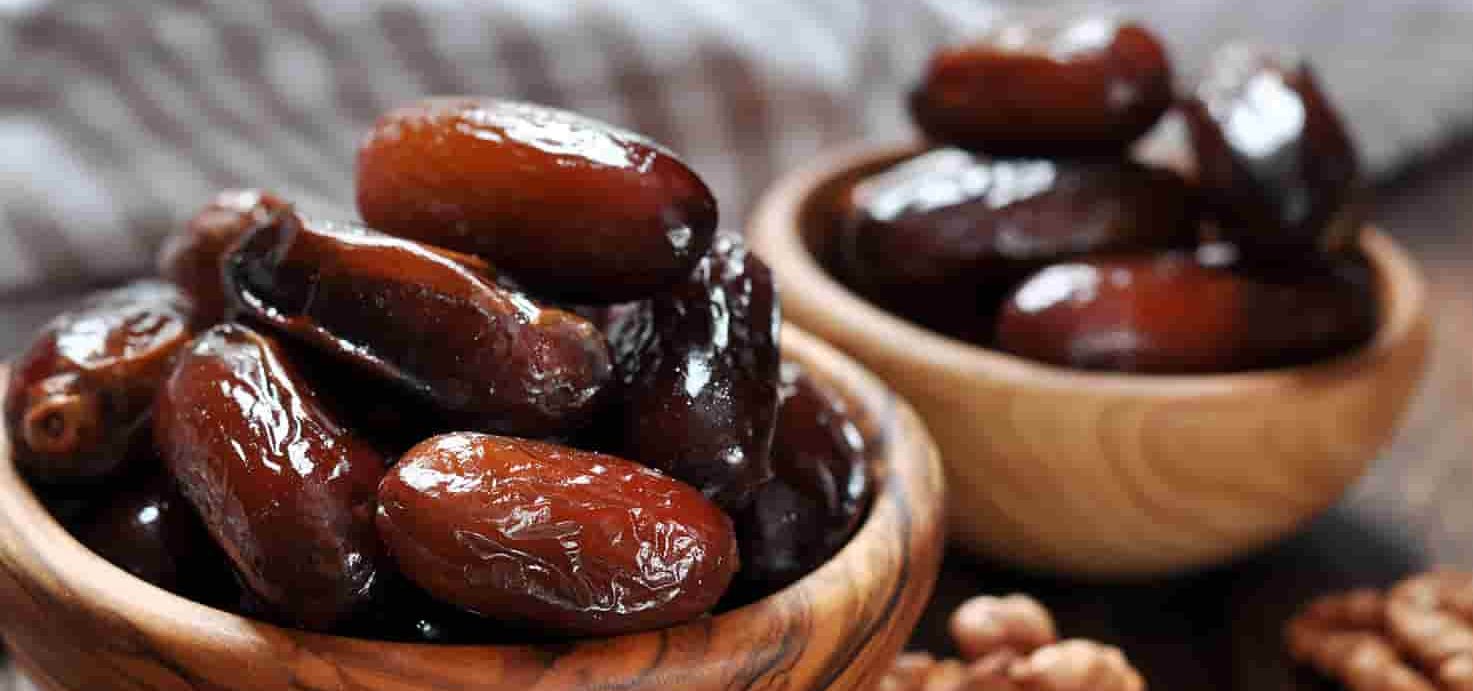
ajwa dates in madina
Ajwa is recognised as one of the most expensive varieties of dates. Its scientific name is Phoenix dactylifera L, and it is only grown in the city of Medina, which is located in the country of Saudi Arabia. The wrinkles on its surface are white, and its colour is a dark brown almost black. The several advantages that the Ajwa date possesses It is rich in carbohydrates, proteins, minerals, fibre, vitamins, and fats, and it contains a large group of phytochemicals such as flavonoids, glycosides, phytosterols, and polyphenols. The content of Ajwa dates is characterised by containing a higher amount of nutrients compared to other types of dates, as it is characterised by containing a higher amount of nutrients than other types of dates. An aspect of these nutritional components is as follows:
- Minerals can be found in abundance in the pulp of an Ajwa fruit, which is high in levels of manganese, magnesium, sodium, and potassium.
- Vitamins: Ajwa dates are rich in a variety of vitamins, including beta-carotene and vitamin C, in addition to B vitamins, such as thiamine, also known as vitamin B1, riboflavin, often known as vitamin B2, and niacin, also known as vitamin B3.
- Fibre: The pulp and seed of Ajwa dates are both high in fibre content, with the pulp containing both water-soluble and insoluble fibres and the seed containing mostly insoluble fibres.
- Sugar: Ajwa dates have a fructose content of 25.
- 41 per cent and glucose content of 31.
- 33 per cent.
- Ajwa dates have a higher concentration of sugars overall, which includes glucose, fructose, maltose, and galactose, as compared to Zaidy dates.
There have been numerous studies conducted on the health benefits of Ajwa dates. An investigation into the effects of the Ajwa date extract on mice, which was carried out in a laboratory and published in the journal Phytomedicine in 2016, found that the extract possesses anti-oxidants and anti-inflammatory properties, both of which can lower the risk of developing cardiovascular disease. According to the findings of a research study on mice that were carried out in a laboratory and published in the Egyptian Journal of Natural Toxins in 2011, Ajwa dates may help reduce the risk of liver damage and other disorders. Moreover, taking Ajwa date extract may lower the chance of developing liver cancer and enhance liver function, according to the findings of a study that was carried out in a laboratory on mice and published in the journal BMC complementary and alternative indicated medicine in 2017. A laboratory study that was published in the journal PloS one in 2016 indicated that extract from Ajwa dates reduces the growth of cancer cells in the breast and inhibits their spread. In addition, a laboratory study that was published in the Journal of Ethnopharmacology in 2018 indicated that Ajwa dates have potential properties that may reduce the risk of prostate cancer. According to the findings of a research project on mice that was carried out in a laboratory and published in the same year (2016) in the journal Oriental pharmacy and experimental medicine, Ajwa dates relieve headaches and make them less severe. A preliminary investigation carried out in the lab on mice and detailed in the 2015 issue of the International Journal of Sciences: Basic and Applied Research found that consuming Ajwa dates was associated with a reduction in feelings of exhaustion. In terms of the rats’ level of physical activity, the concentration of the lactate compound dropped after they consumed the Ajwa dates. The rats swam for thirty minutes during this time.
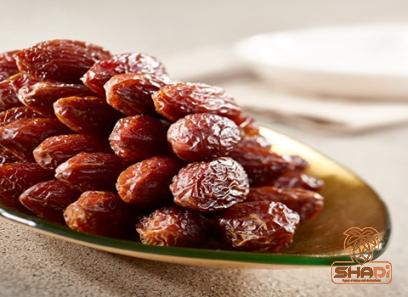
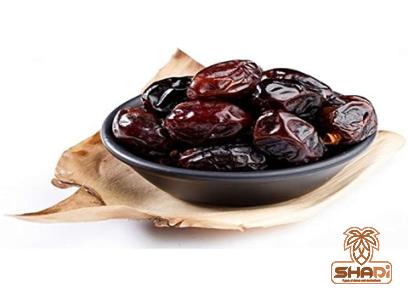
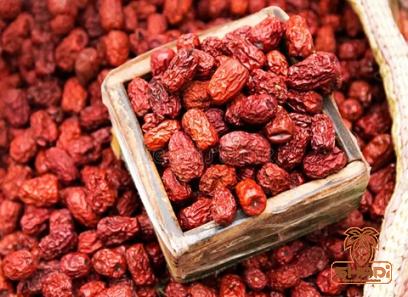
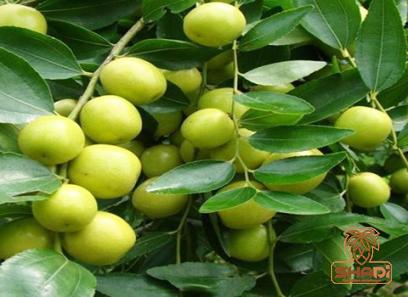
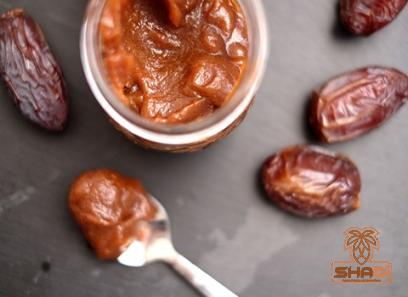
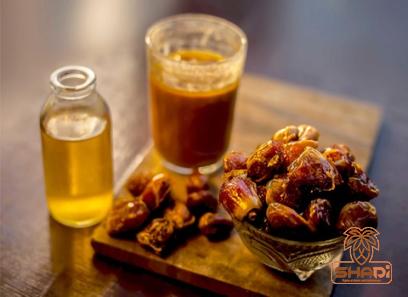
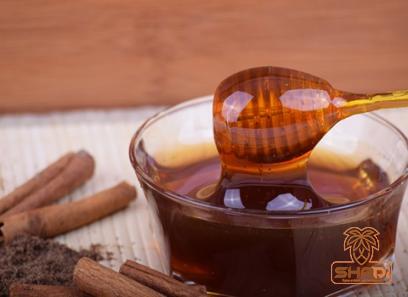
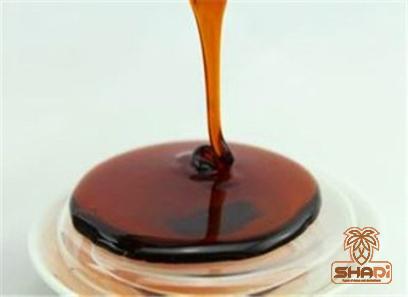
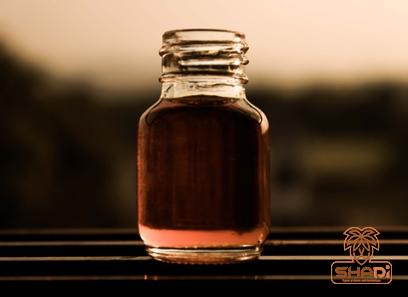
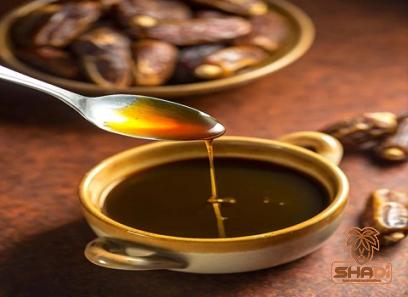
Your comment submitted.